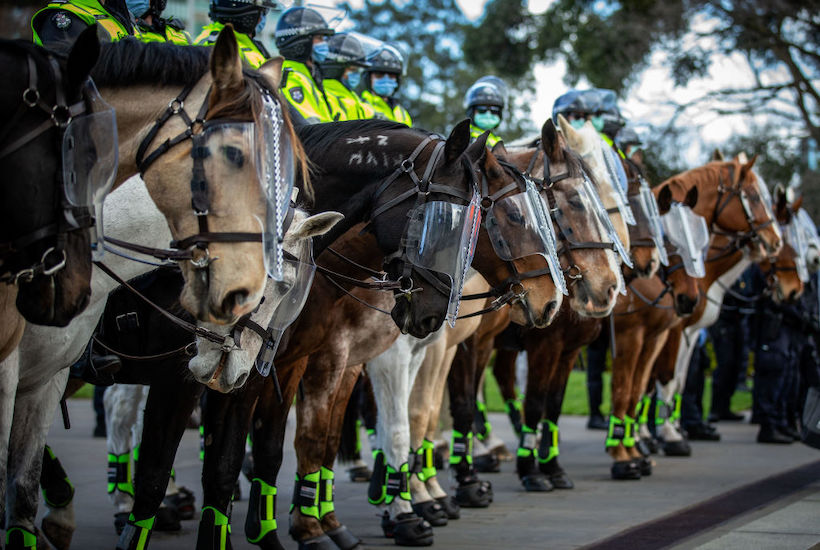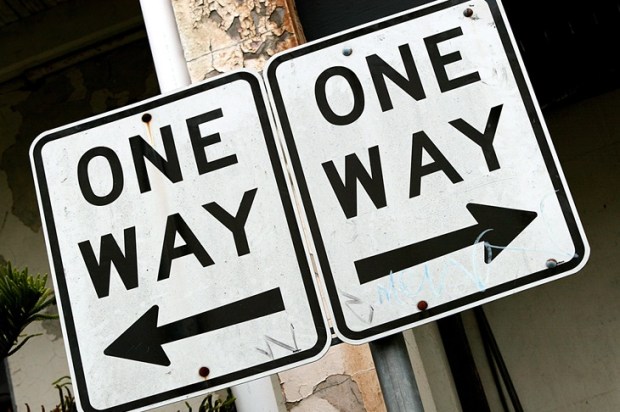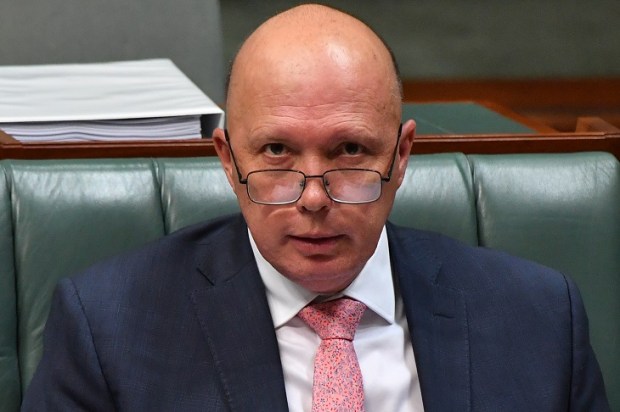At 58, I have for the first time become a dissident.
I am in active opposition to Covid-19 related policies by governments which, I believe, are lacking in evidence, ineffective from a health perspective, costly from a societal perspective, and downright cruel to too many people, especially the young amongst us.
My protest mostly takes the form of being much more assertive in what I do on social media, as well as through some columns and media appearances. That’s especially about the significant mental health impacts of prolonged and arbitrary lockdowns and the Zero COVID fear model that underpins them. Former Australian of the Year Dr Patrick McGorry has now rightly called what we’re experiencing a “shadow pandemic”.
In rugby league terms, I’m taking the ball up for as many hit-ups as I can muster. I may or may not be making many metres — in terms of better policy approaches — but it seems that the ball’s been uniquely passed to me so it’s what I’m meant to do. Even if the forwards I’m smashing into are mostly from the team I’ve been associated with for 30 years: the Liberal Party of Australia.
I am curious about the response to my representations. Decision-makers including MPs texting me and basically saying “more strength to your arm”; you’d hope that they’re making views known behind closed doors if not in the public arena. Encouragement from friends, allies and members of the general public too “to keep saying what you’re saying”. Lately, it’s good to see and hear more prominent mental health experts and advocates raising concerns, even when they receive government funding.
And, then, some former work colleagues, other associates and, yes, friends who “reach out” and enquire about my own mental health. (It’s sound, thanks.) I guess when you’ve spent three decades as basically a team player of centrist and pragmatic views, some people can’t easily reconcile a more vociferous stance. Of course, there’s been the usual “blocks” on social media, including by the self-confessed clown we call the New South Wales Police Minister.
A few former political colleagues have called my views “crazy”, “undermining”, “disloyal”, “inaccurate” (always attack methodology when you don’t like the message), “laughable” and other such stuff.
But that has been the very limited cost of my dissent. Our institutions are (still) such that I can throw verbal and digital stones at governments of the day, and they deserve them, but still have my freedoms and my livelihood.
For others, it’s been much harder. In the late 80s and early 90s, I had the honour of interacting with and supporting, sometimes as a translator, many of the Ukrainian dissidents who were literally just released from the Soviet Gulag. They were poets, engineers, underground priests and others who had been incarcerated for speaking out against a regime that was determined to crush the concepts of both universal human rights and Ukraine as a sovereign entity. Some of them were imprisoned; some of them were committed to “psyhoochka’s” (faux psychiatric centres) for (fictitious) mental imbalances.
One family acquaintance — one of his generation’s greatest intellects and a person of profound humility and morality — spent 10 years in incarceration and “internal exile” including working as a labourer in remote Kazakhstan. He is now the Vice-Rector of a major university.
He is an extraordinary man, as were others I met. People of dignity, reserve, moderation, sacrifice and endurance. And tremendous resilience and even forgiveness in the face of both systemic and direct oppression, brutality, and violence.
Theirs was this exquisite duality; of both serenity and steeliness.
I recall driving one such man, Mykhailo Osadchy, a journalist and poet who had served 13 years in the Gulag for being part of a human rights group, to Canberra for meetings with Australian leaders. He sat quietly in my car, looking out at the distinctly Australian bush along the Hume Highway. At one point, Osadchy asked me to pull over which I did. He walked over to a barbed wire fence of some sheep paddock, and took it in his hand. Osadchy said to me: “Finally, something that looks familiar.”
For me, it was a quiet lesson in courage. That Osadchy had survived the Gulag with his gentleness, his artistic sensibility and his decency in tact was a great act of courageous resistance in its own right. He died in independent Ukraine in 1994 at the age of 58, my age now.
We often hear that real courage is not the stuff of Braveheart, but that of daily persistence, perseverance, patience and principle. It’s not until we meet people of genuine courage that we know that truism to be true.
I am not a person of courage. While I have at times been brave and while I have very low aversion to risk, I lack a critical dimension of courage. That is consistency. Both my flaws and my strengths compromise my capacity for consistency. I am drawn to acting fast, to changing direction, to re-invention, to being constantly curious rather than constantly committed, to wanting to please others, to empathy rather than emphasis, and to seeing the world through many perspectives and prisms. I lack the discipline of sacrifice and the spirit of selflessness through which courage is consummated.
So, it is my prayer here that I am imbued with greater consistency and clarity in my thoughts and actions. For the first time, I have chosen to very publicly and actively oppose those who rule us, including those I personally know and have loyally served, because I can see wrong and pain around me from poor decisions made on poor advice. Be it 3500 extra kids presenting to NSW Emergency Departments with suicidality and self-harm, or 3000 kids completely disengaging from the school system over lockdowns. Their bridges to the future are being, sadly, burnt. I ask for calm, focus, and wisdom in my role as a dissident.
Pete Shmigel writes, coaches, advocates for mental health and serves on boards after surviving three CEO gigs and professional politics.
Got something to add? Join the discussion and comment below.
Get 10 issues for just $10
Subscribe to The Spectator Australia today for the next 10 magazine issues, plus full online access, for just $10.


























Comments
Don't miss out
Join the conversation with other Spectator Australia readers. Subscribe to leave a comment.
SUBSCRIBEAlready a subscriber? Log in